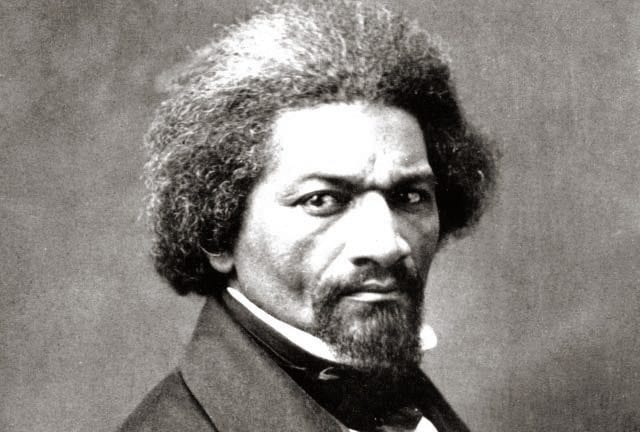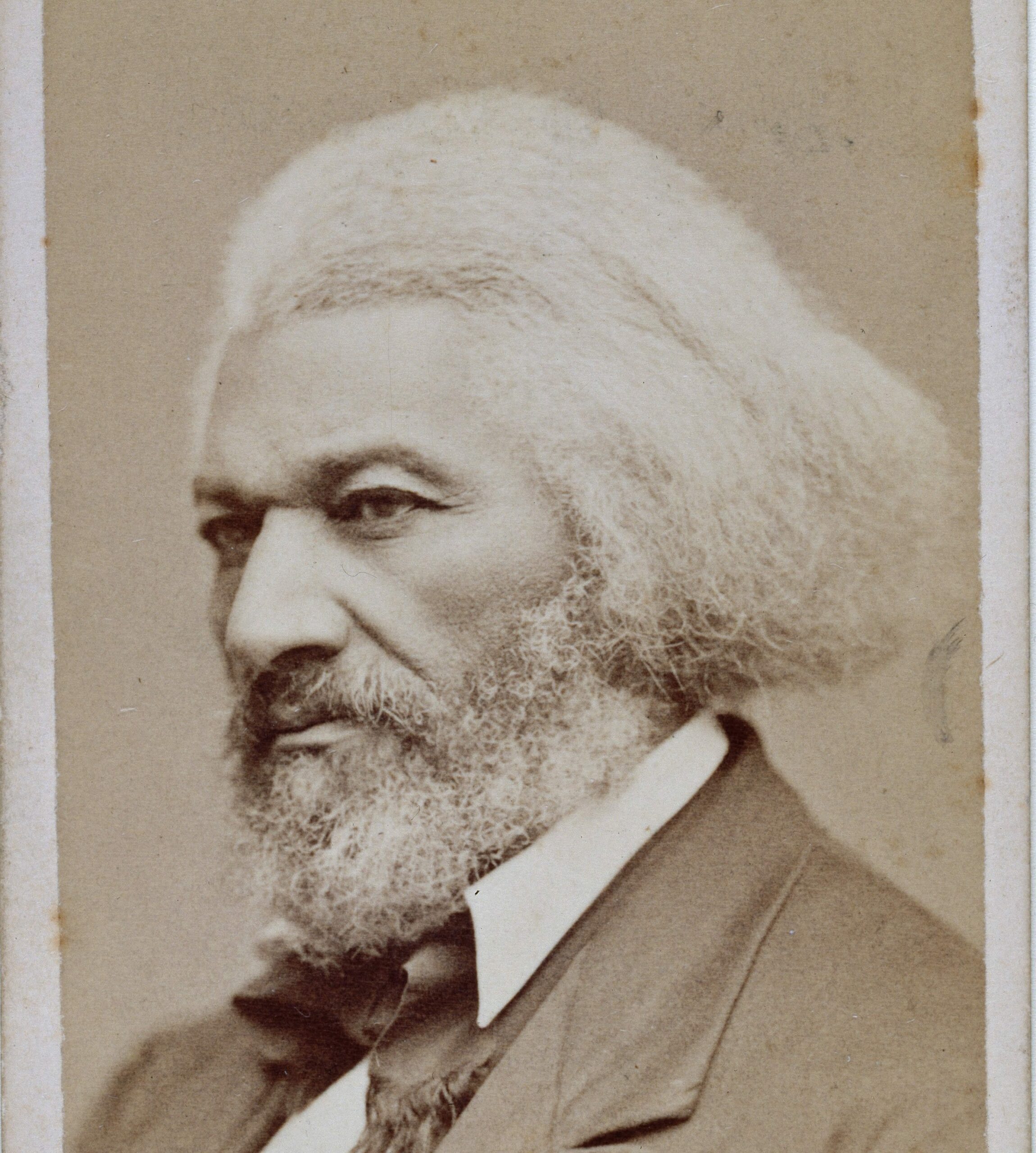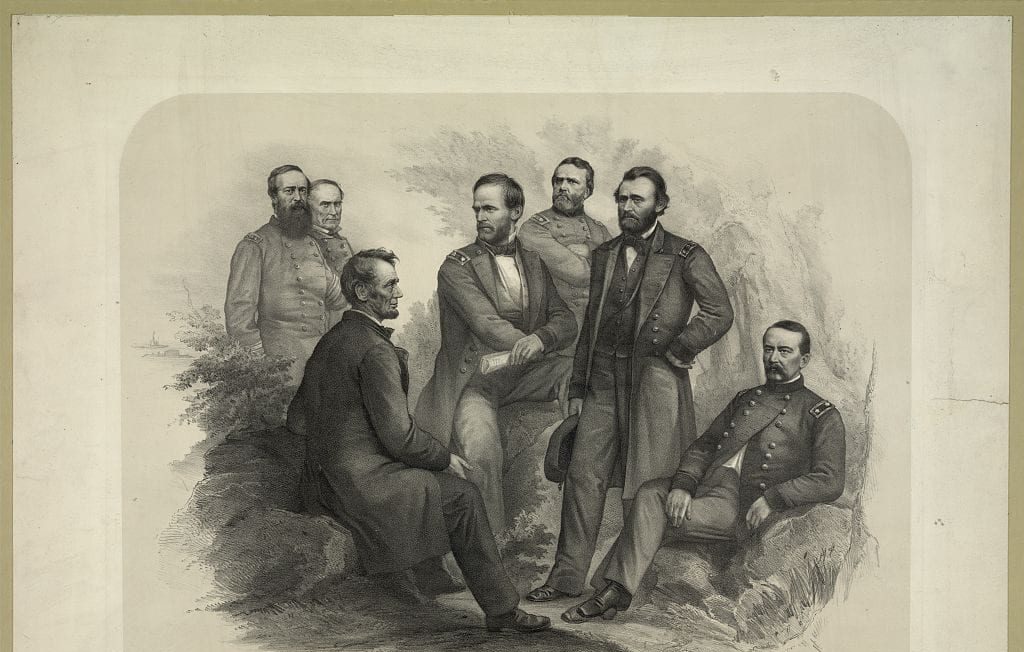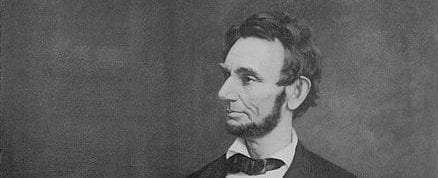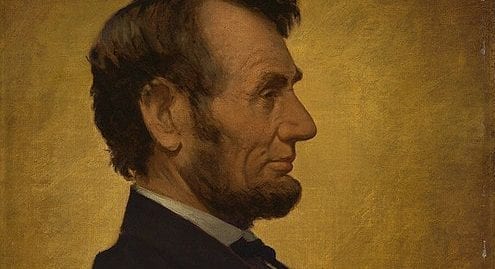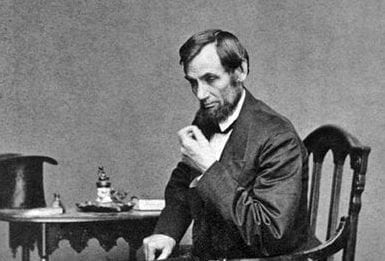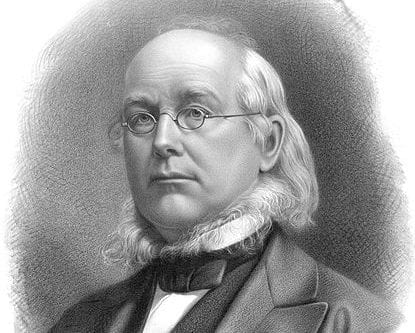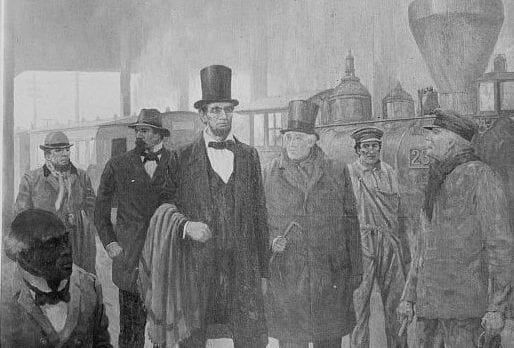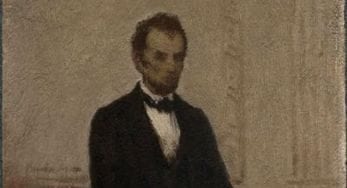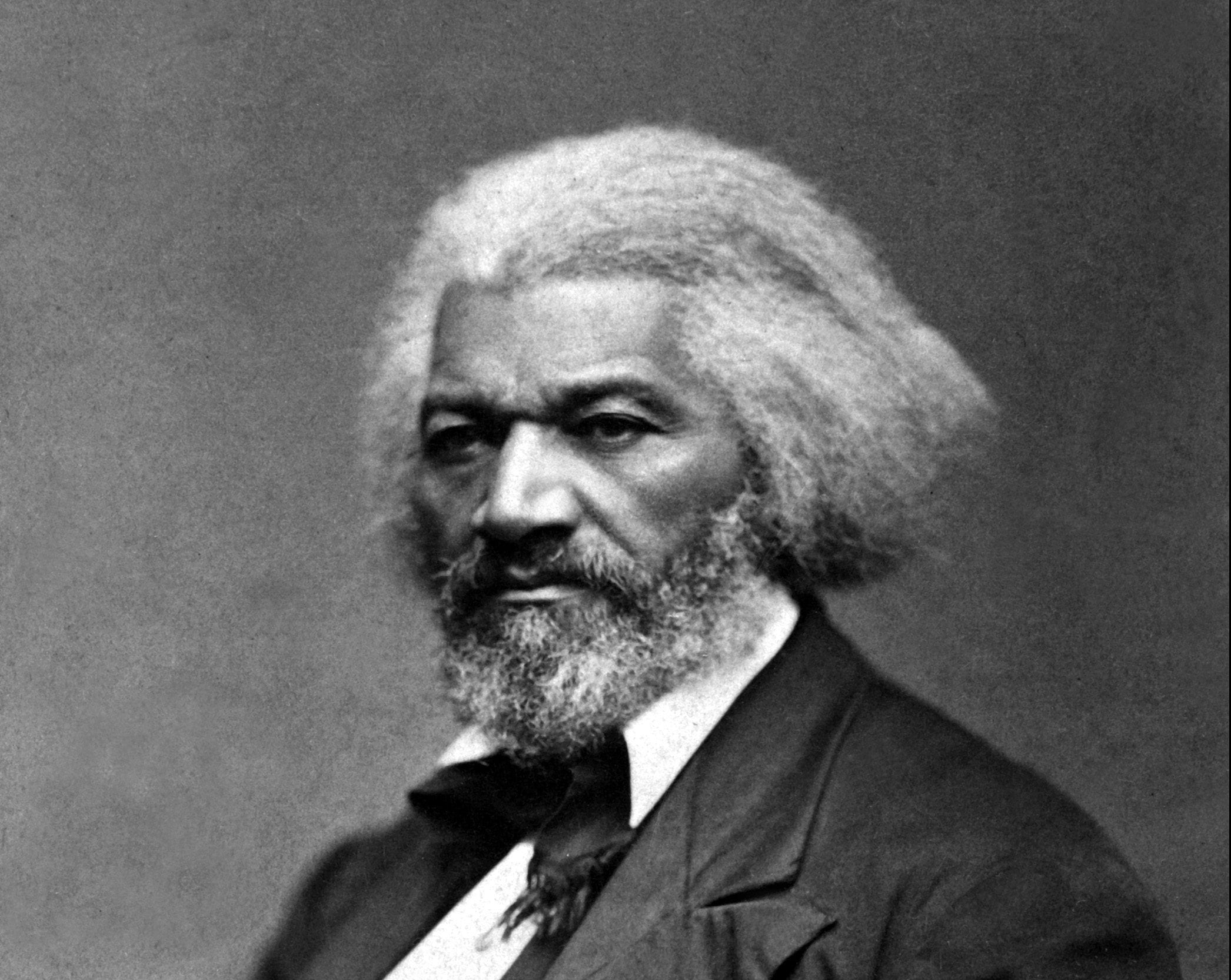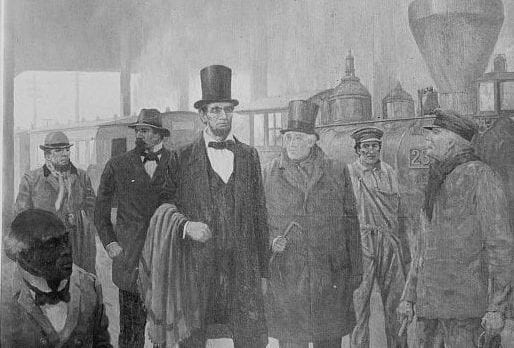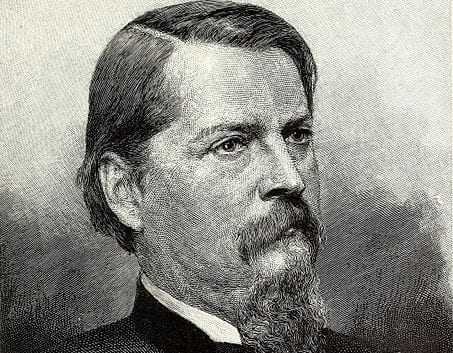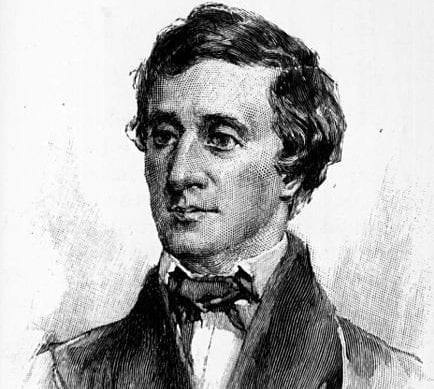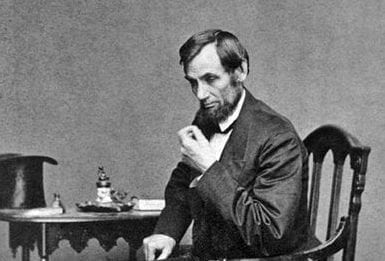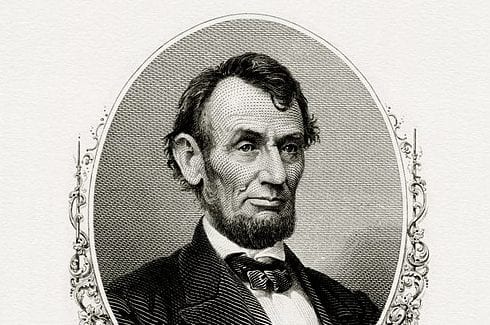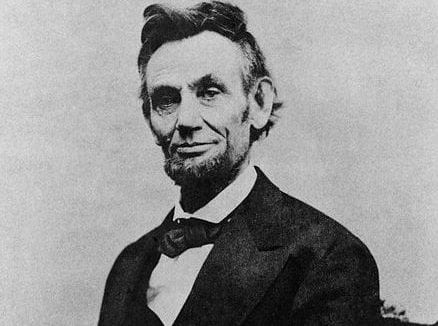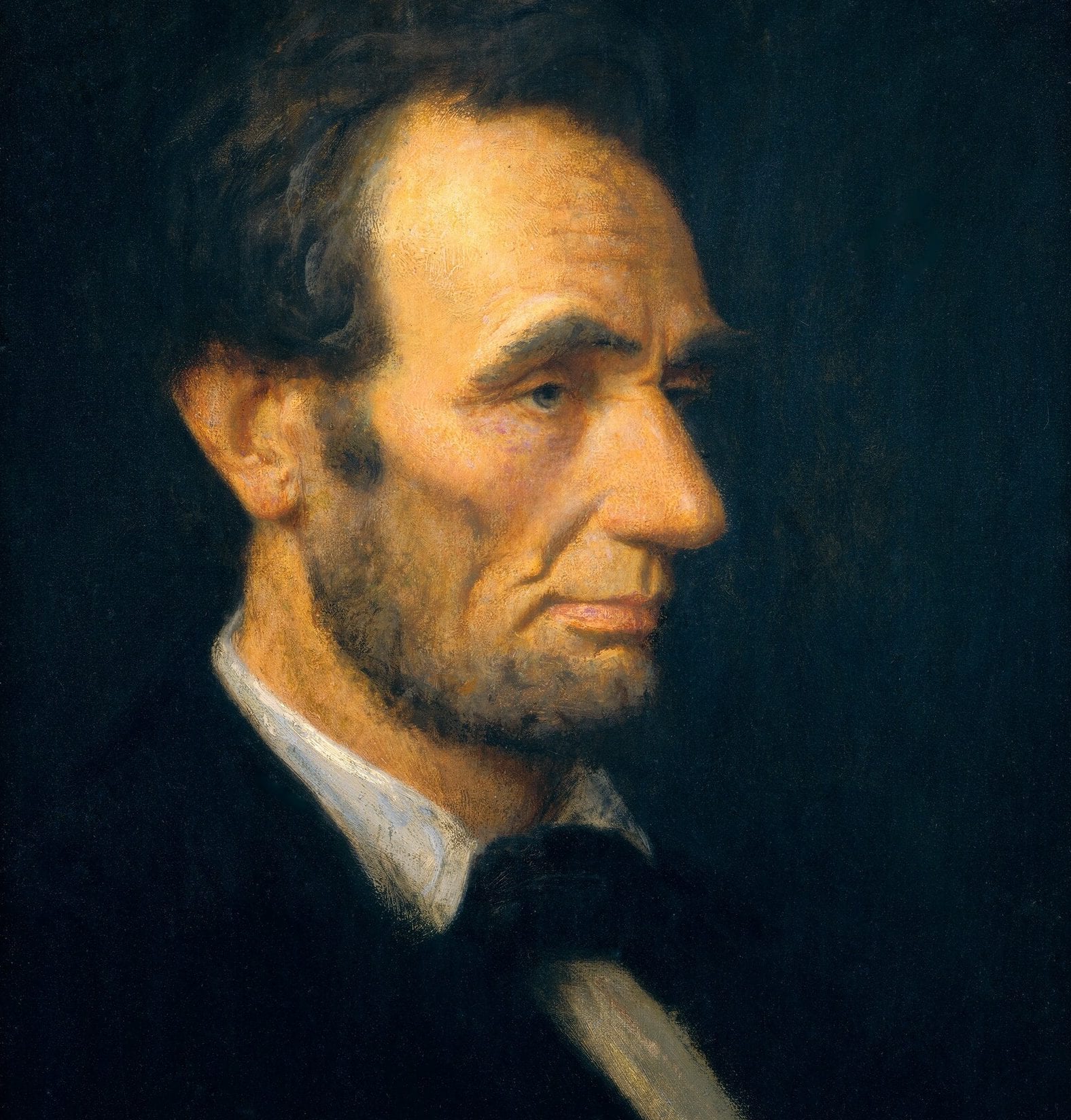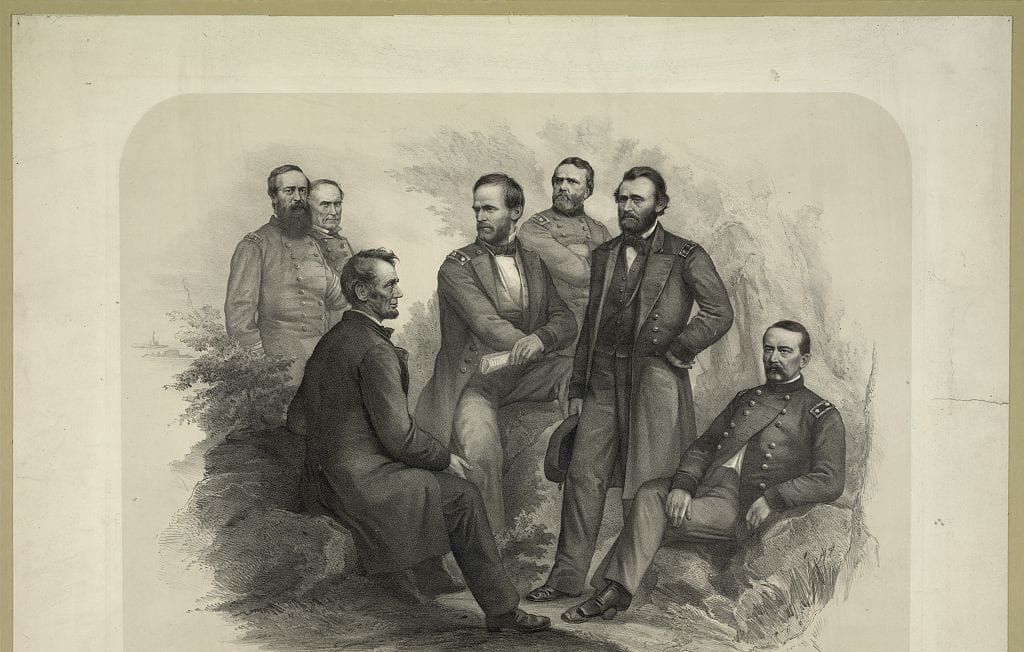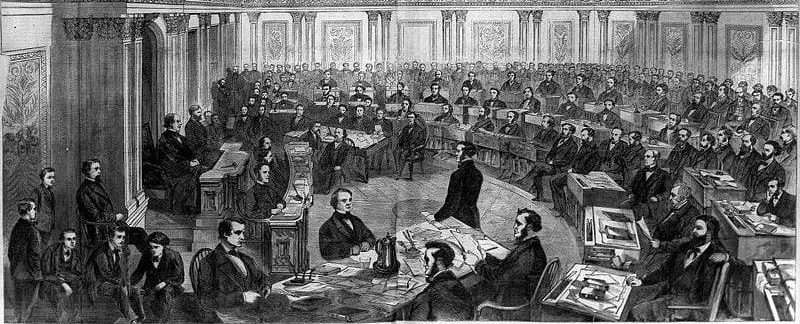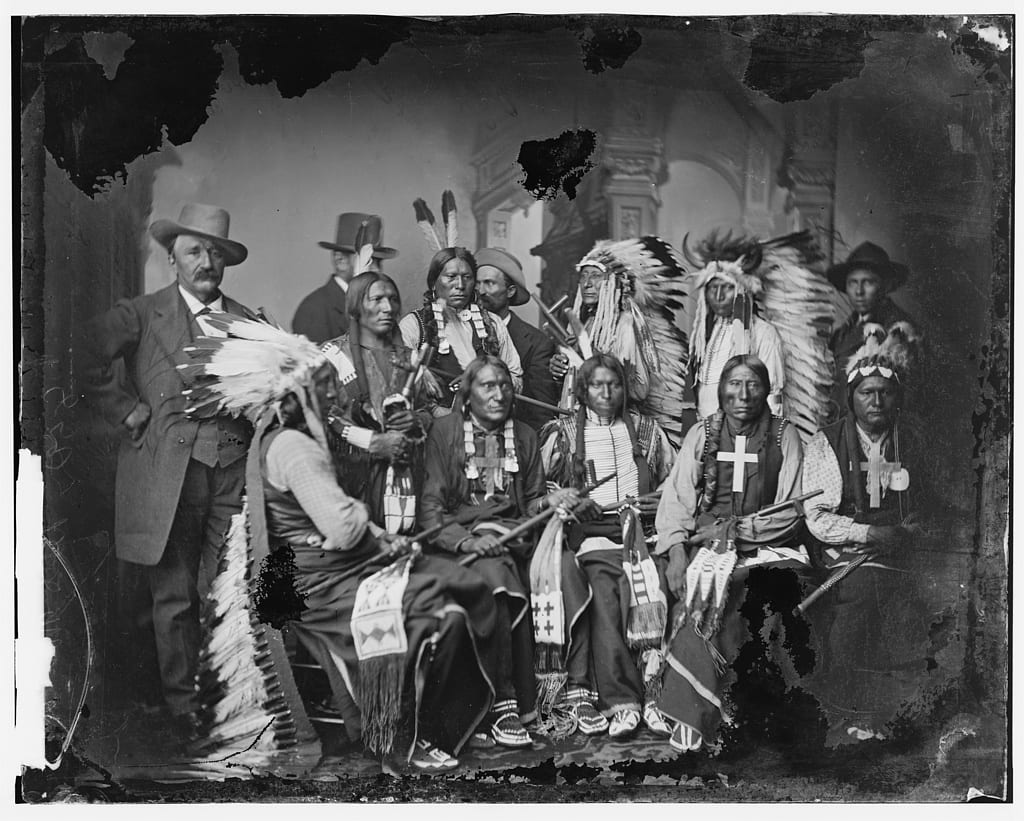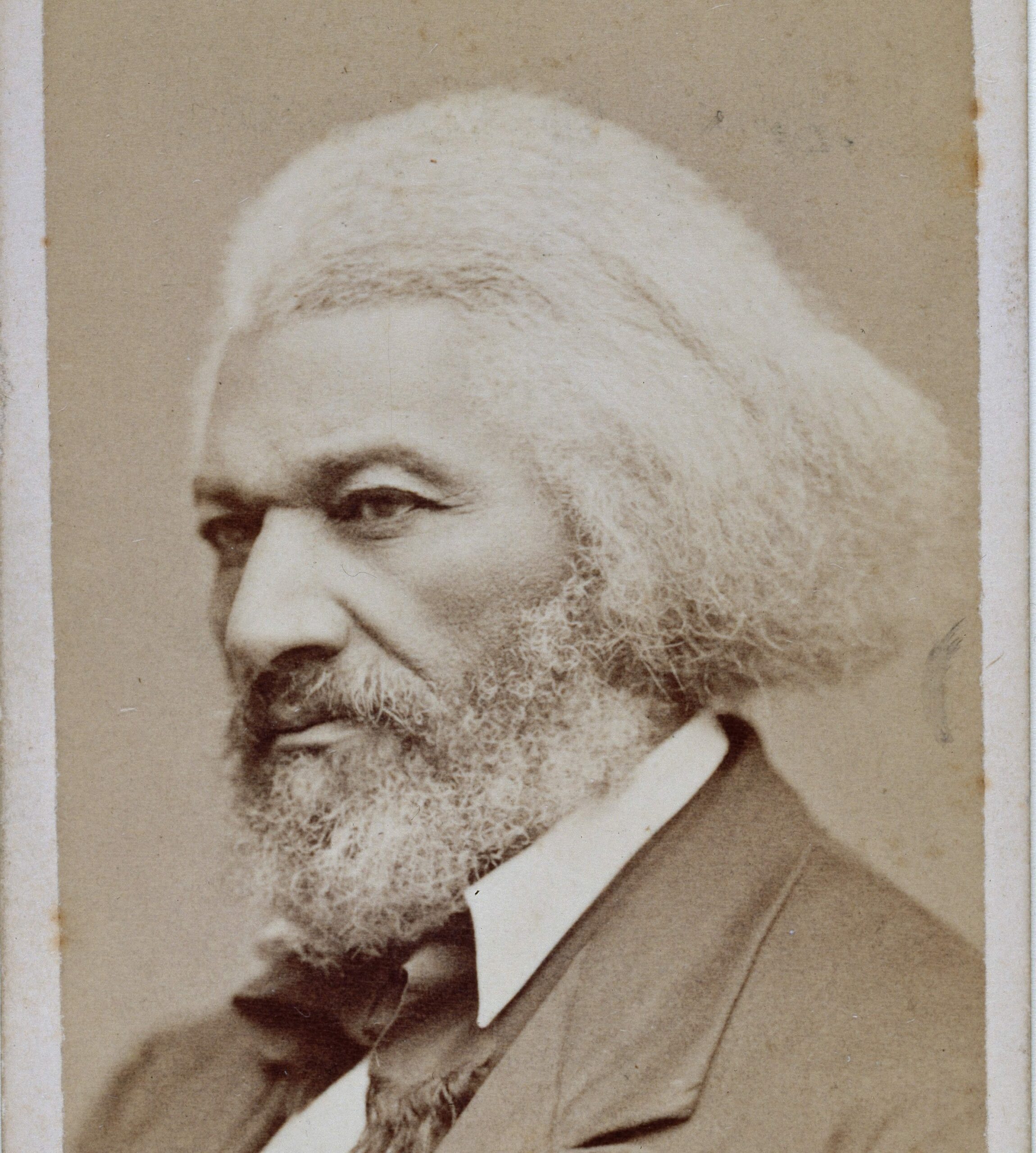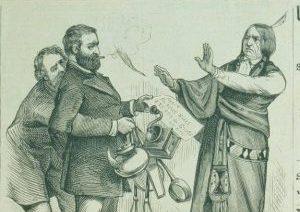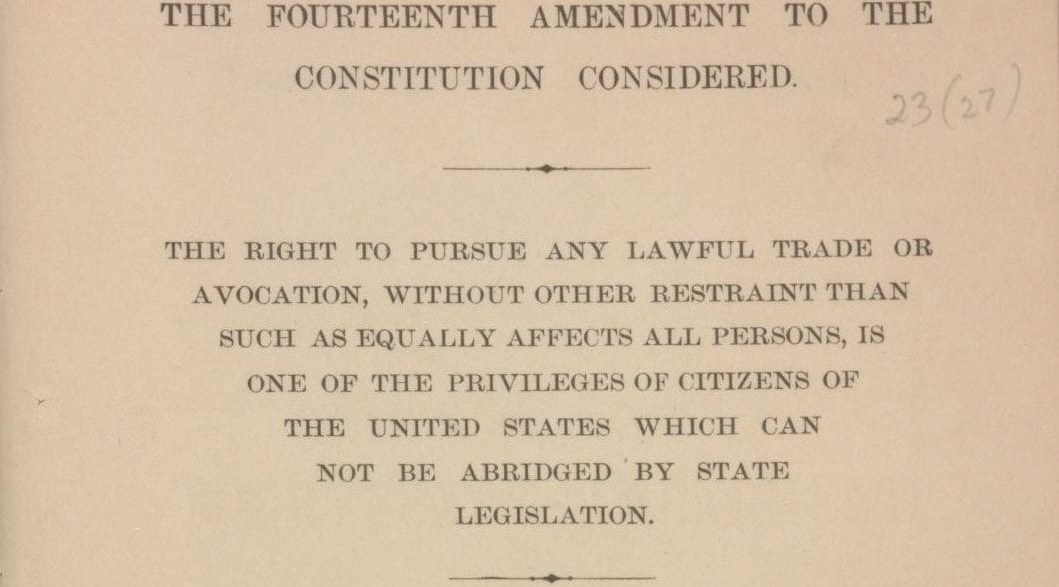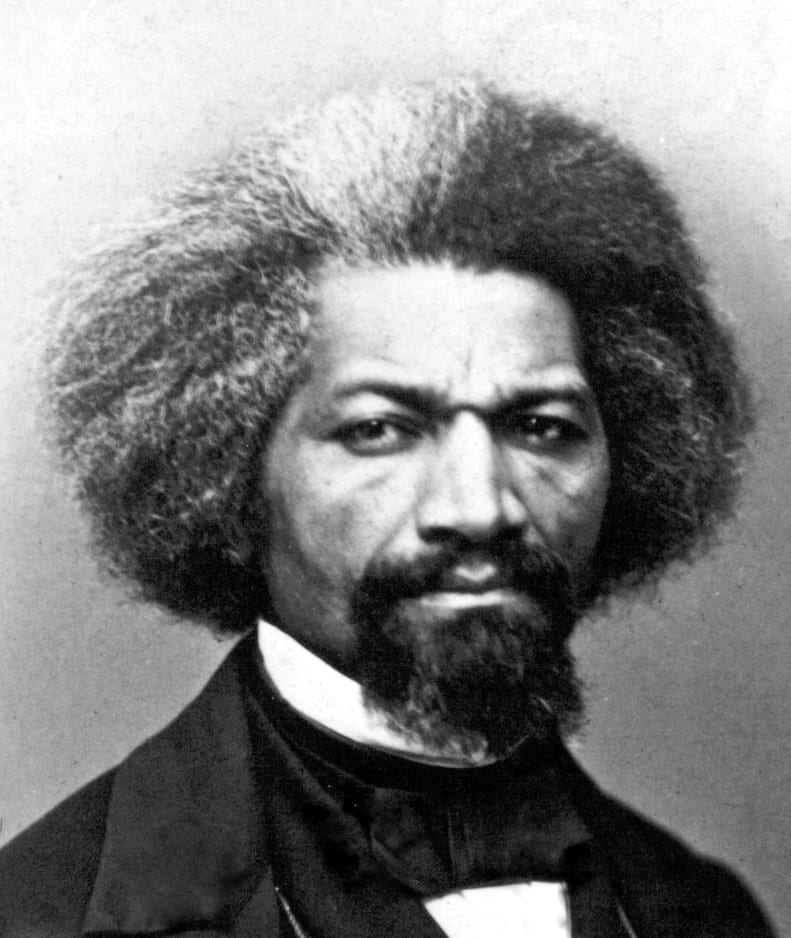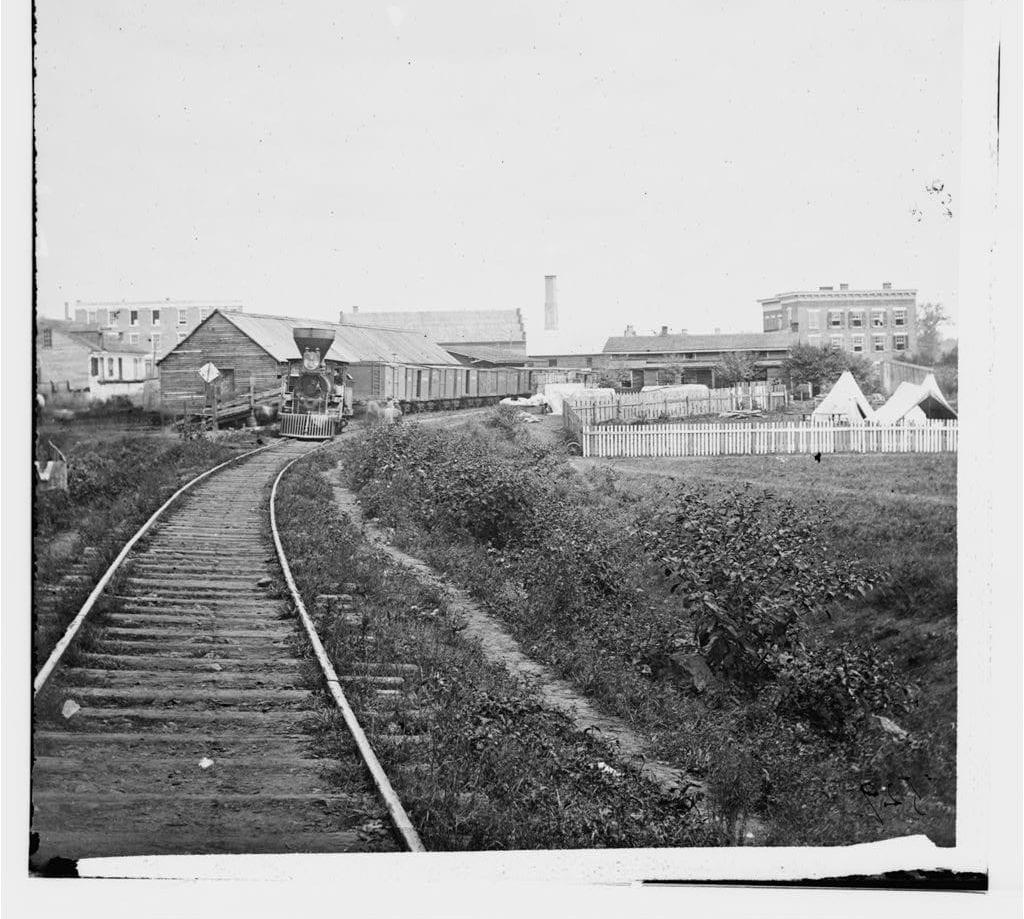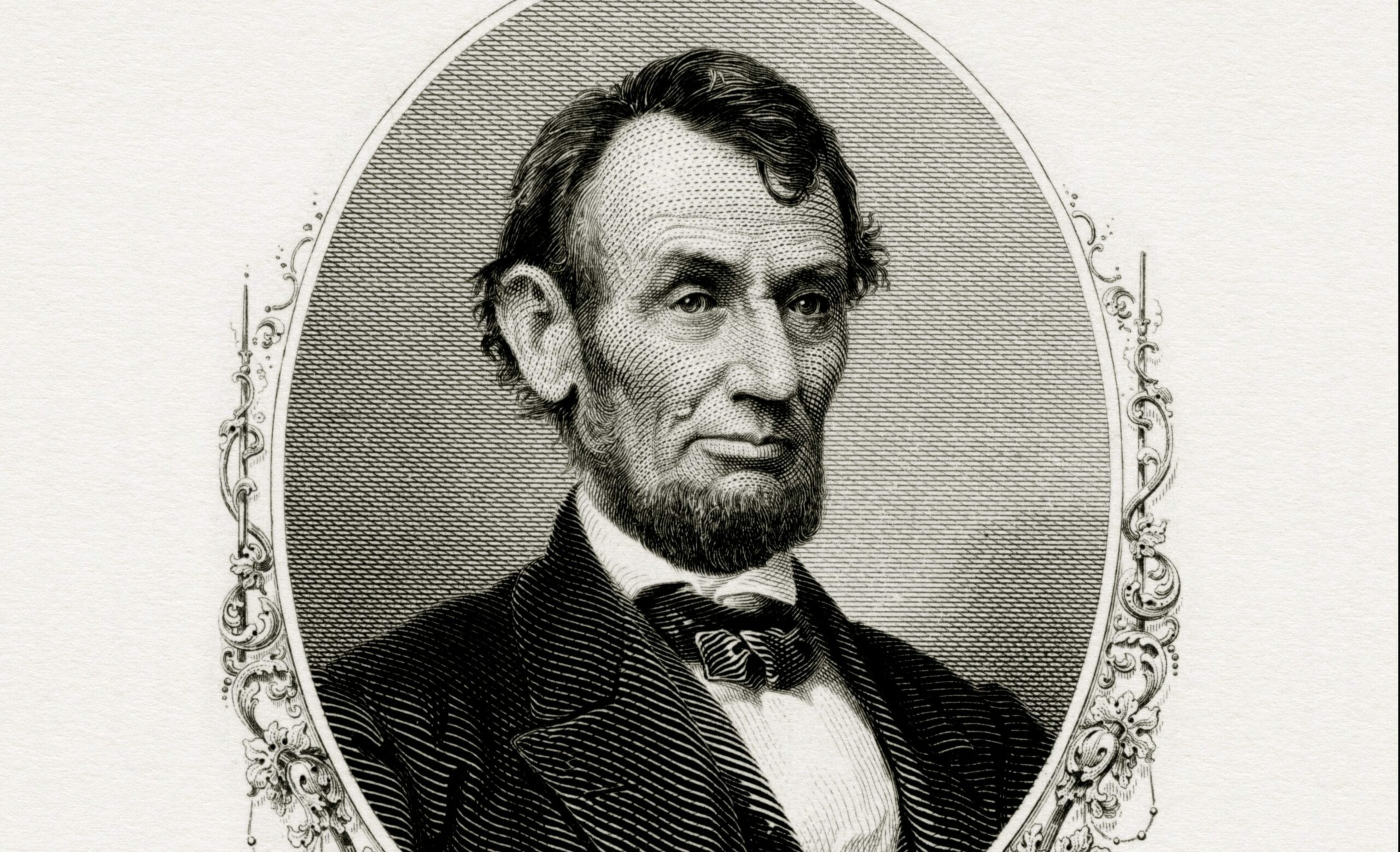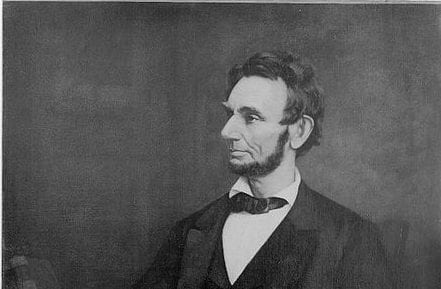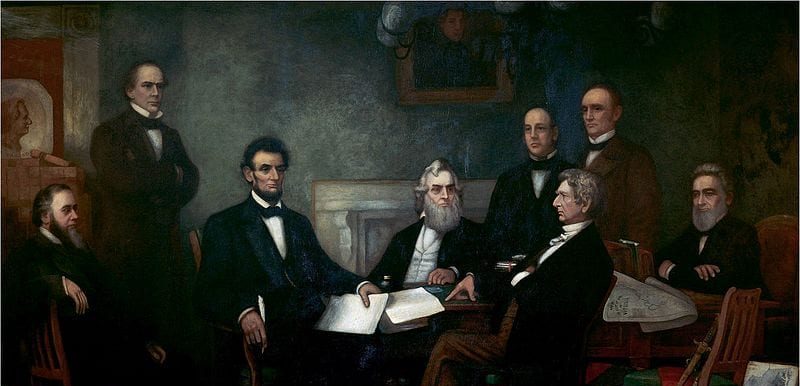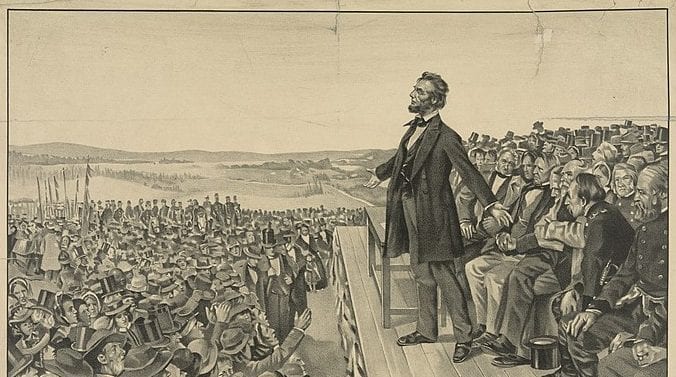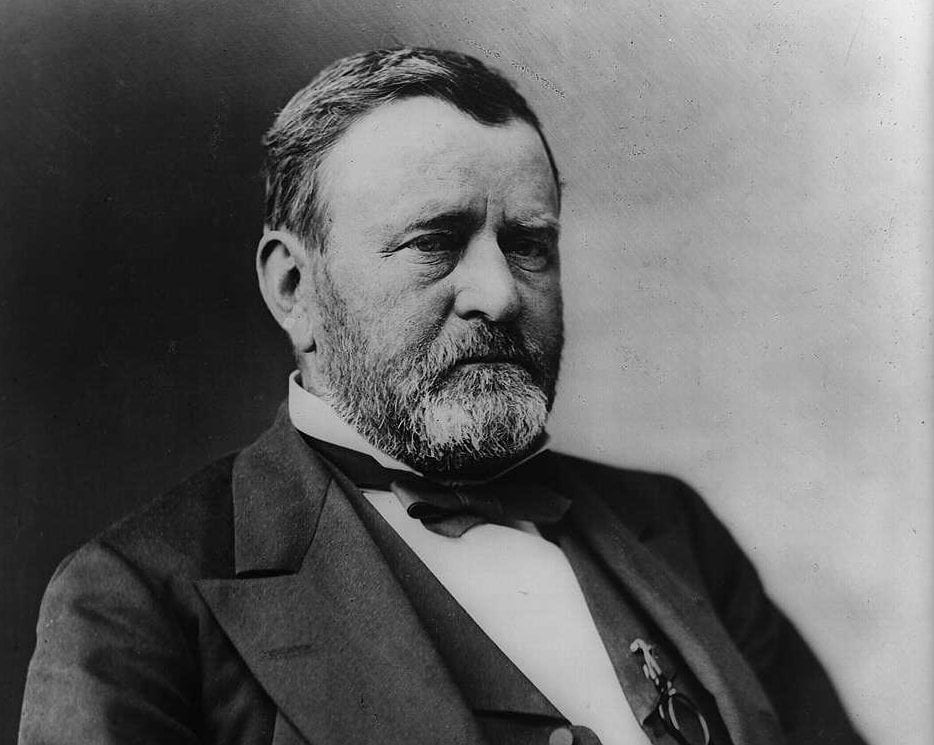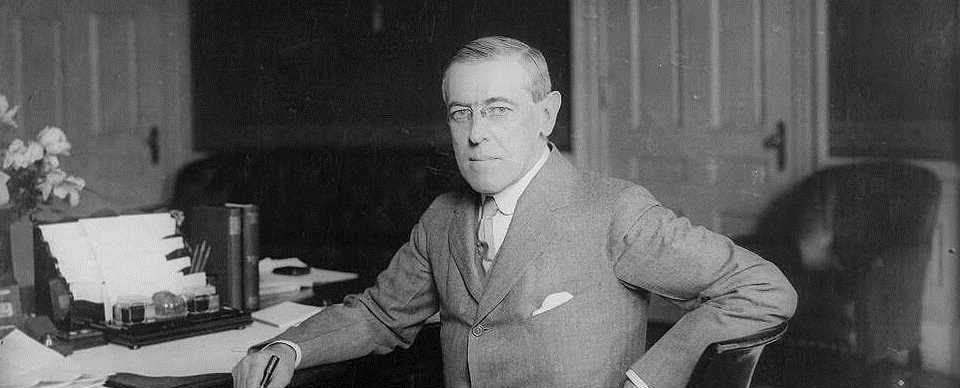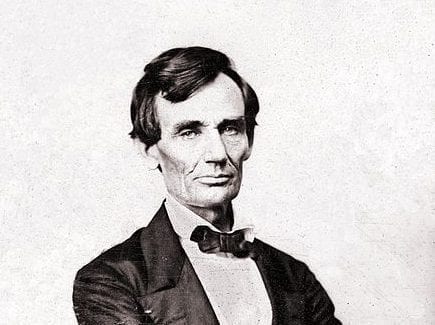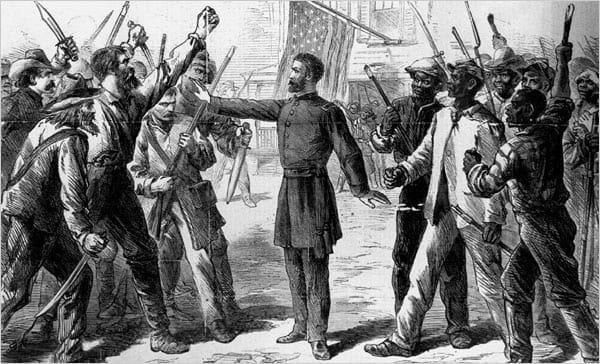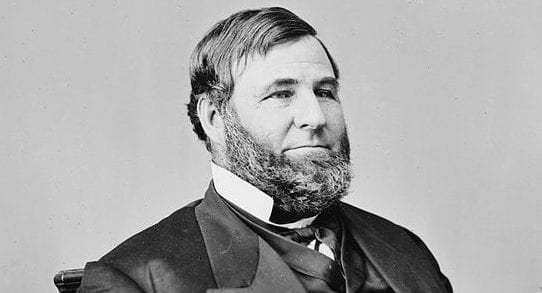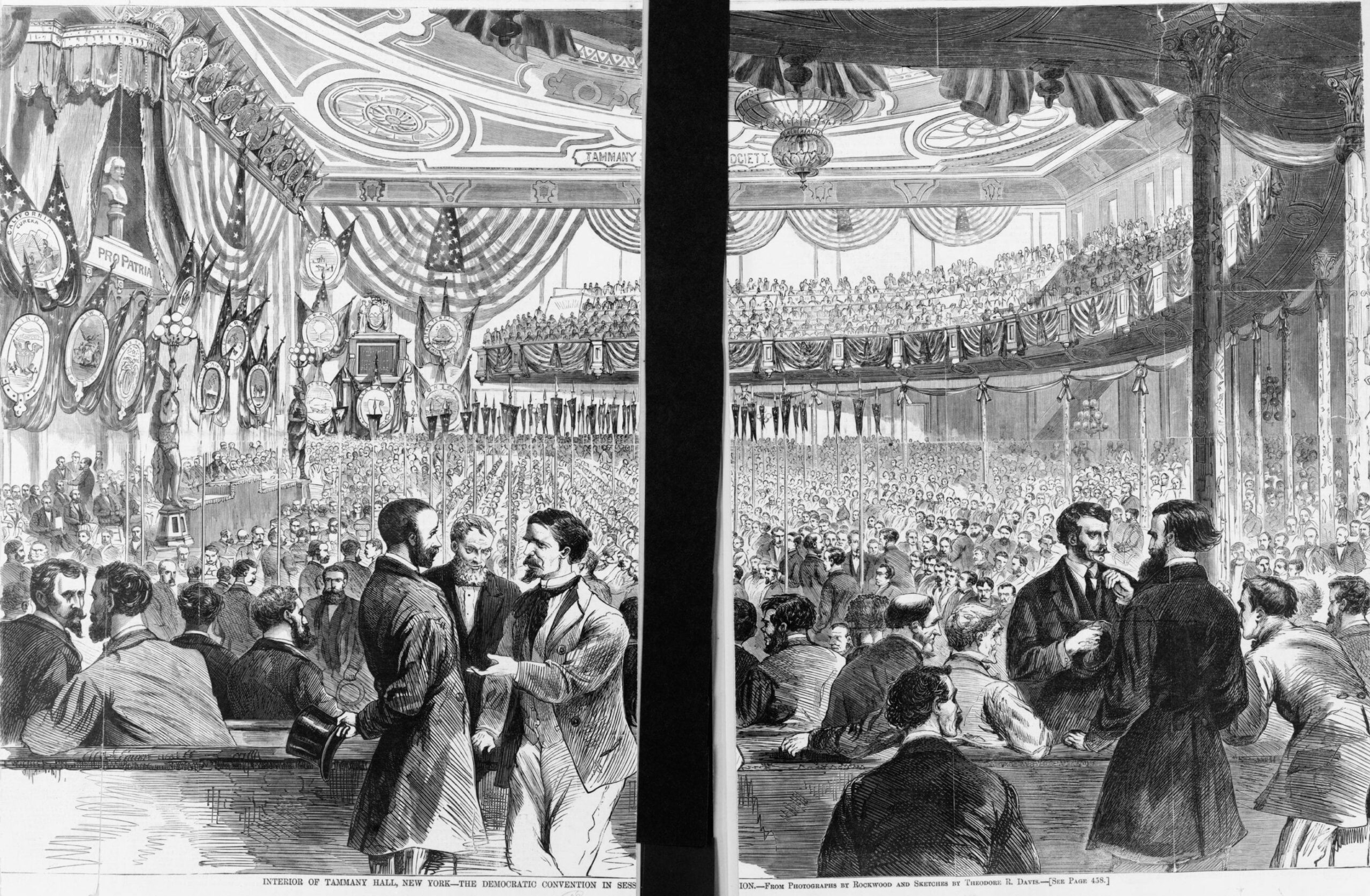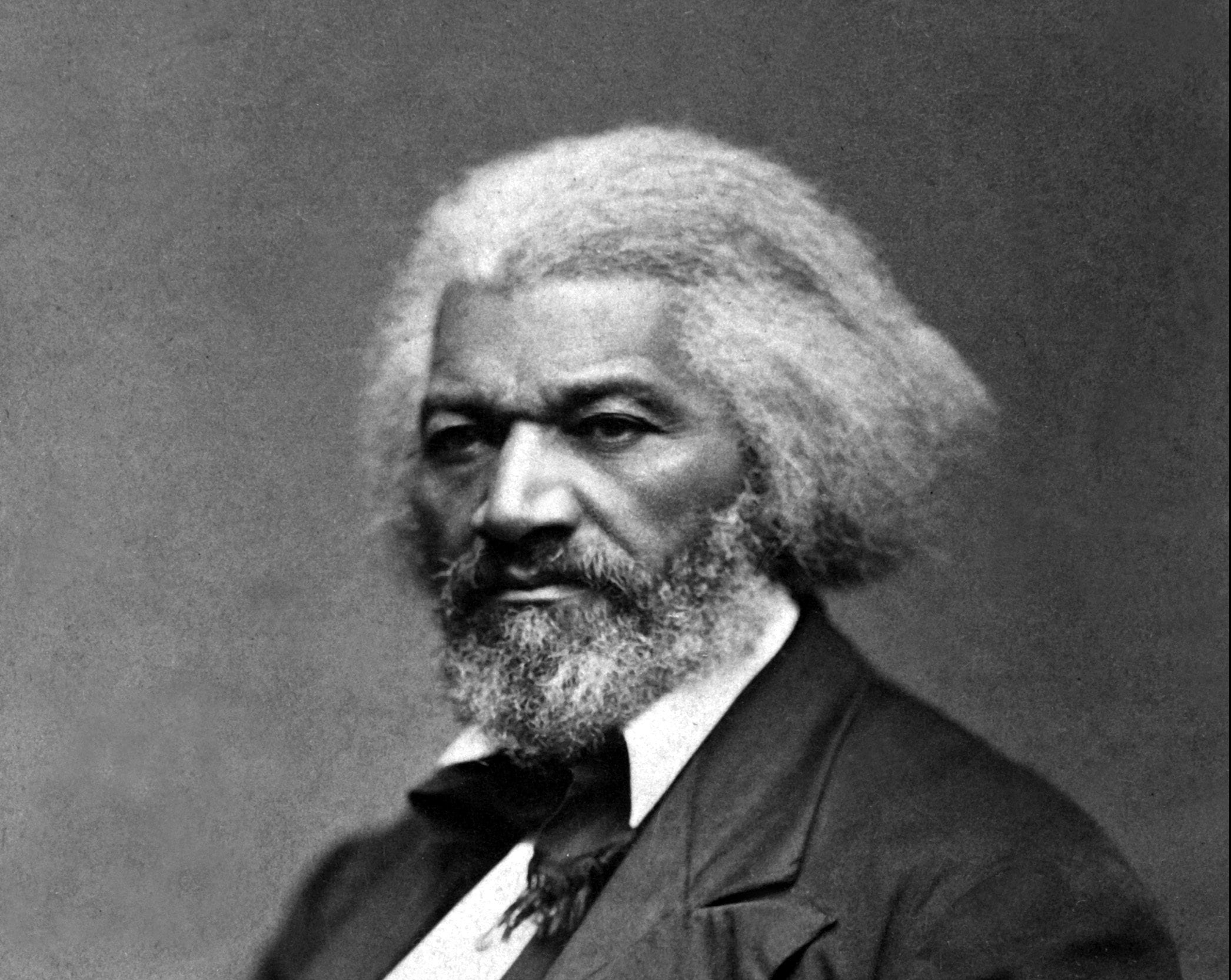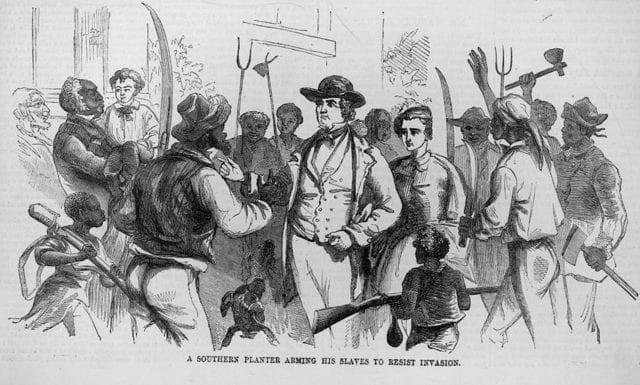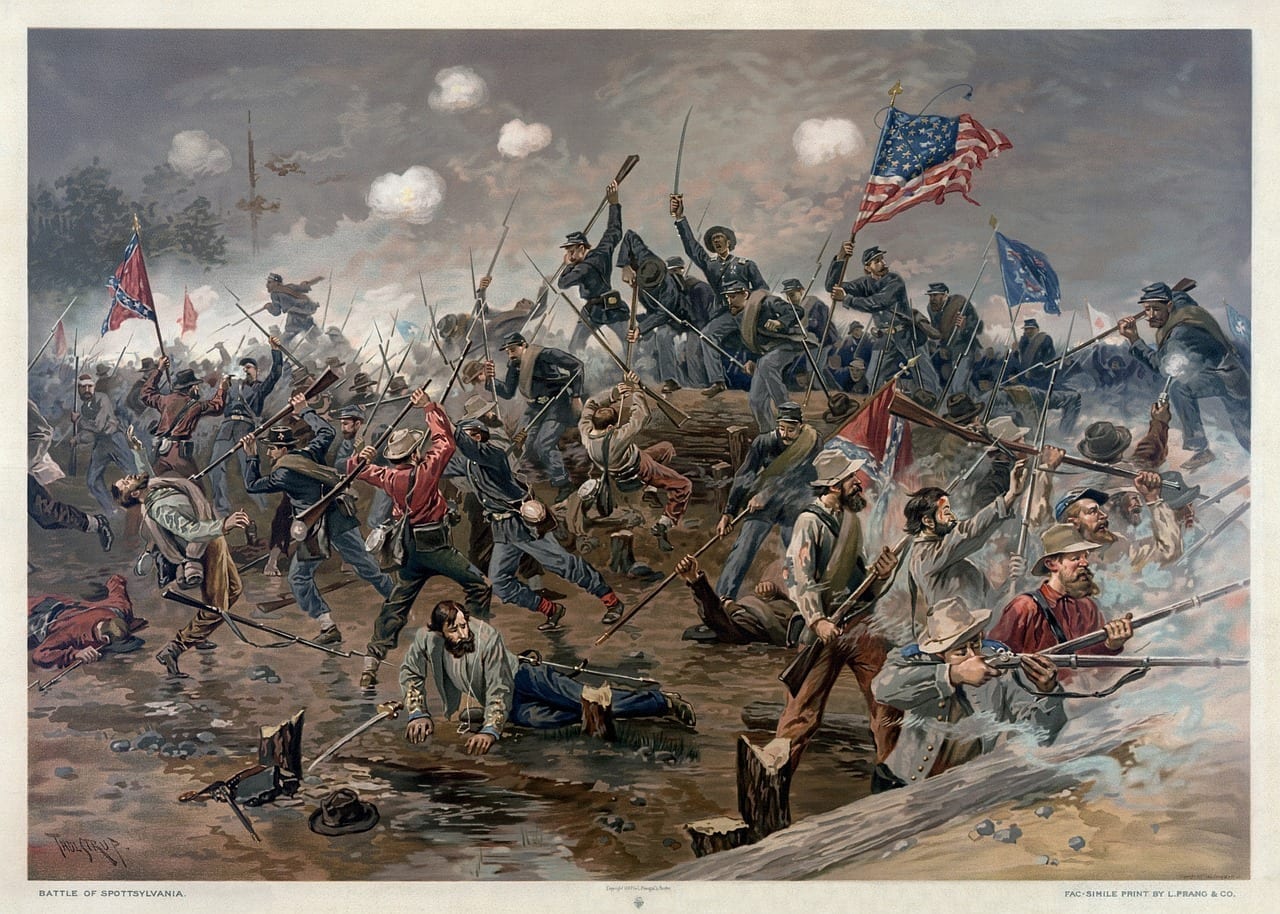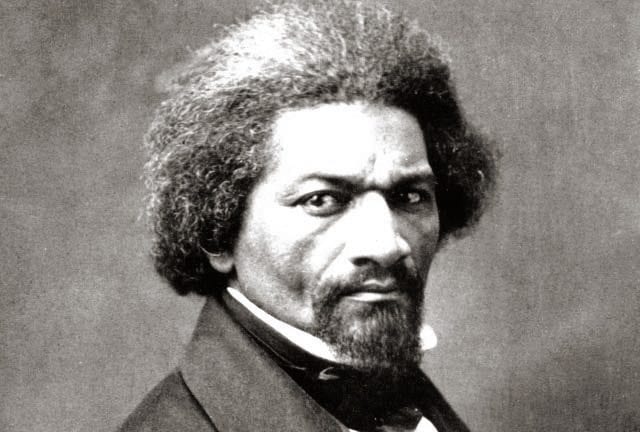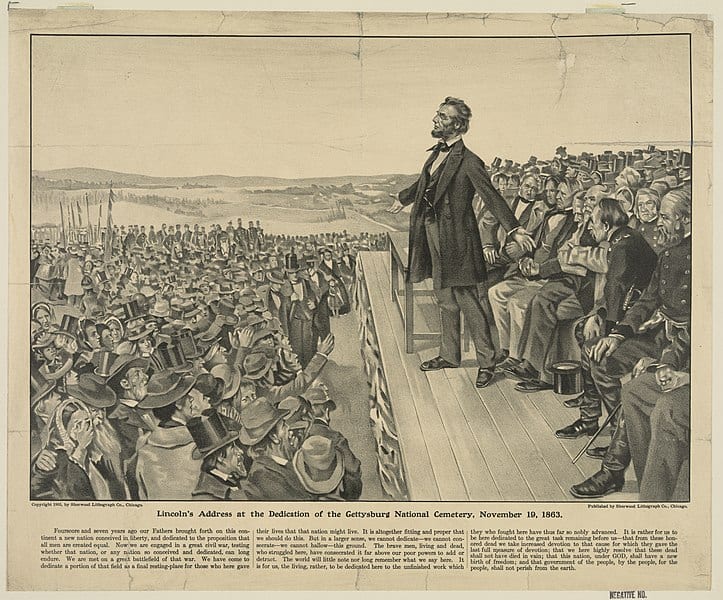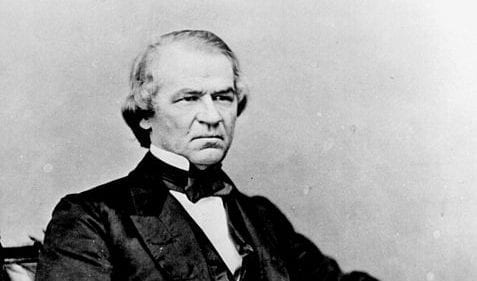
Introduction
Many Republicans were dissatisfied with what they perceived as the excessive leniency of President Lincoln’s terms for re-inaugurating federal authority in rebel states, as contained in Lincoln’s Proclamation of Amnesty and Reconstruction. The quickness and ease of reconstruction that Lincoln’s plan allowed for, critics worried, made it likely that little would change in the South’s approach to governing or for the freed slaves. Lincoln recommended much in his policy but required only emancipation as a condition for re-admission. Louisiana had adopted emancipation in its constitutional convention, but other provisions left freedmen bereft of rights. Arkansas and Florida too had failed to do much to protect or educate freedmen. Congress also felt that it needed to assert its power to direct future postwar policy. In June, Congress had tried to create a federal bureau to protect freedmen (later the Freedman’s Bureau), but it lacked the votes. A constitutional amendment to abolish slavery had also failed in June. On the last day of the Congressional session in July 1864, Congress passed the Wade-Davis Bill, named for Ohio Senator Ben Wade (1800-1878) and Maryland Representative Henry Winter Davis (1817-1865), both well-known radical Republicans. Lincoln declined to sign the measure before Congress adjourned (a so-called pocket veto; see the U.S. Constitution, Article I, Section 7). Lincoln issued a Proclamation explaining why he vetoed the Wade-Davis bill on July 8, 1864.
Source: Abraham Lincoln, “Proclamation 115 – Concerning a Bill To Guarantee to Certain States, Whose Governments Have Been Usurped or Overthrown, a Republican Form of Government.” Online by Gerhard Peters and John T. Woolley, The American Presidency Project, https://goo.gl/aD9LKG. This site contains the text of both the Wade-Davis Bill and Lincoln’s veto proclamation.
Wade-Davis Bill
Be it enacted . . . That in the States declared in rebellion against the United States, the President shall, by and with the advice and consent of the Senate, appoint for each a provisional governor . . . who shall be charged with the civil administration of such State until a State government therein shall be recognized as hereinafter provided.
SEC. 2. . . . That so soon as the military resistance to the United States shall have been suppressed in any such state . . . the provisional governor shall direct the marshal of the United States . . . to name a sufficient number of deputies, and to enroll all white male citizens of the United States resident in the State in their respective counties, and to request each one to take the oath to support the Constitution of the United States, and in his enrollment to designate those who take and those who refuse to take that oath, which rolls shall be forthwith returned to the provisional governor; and if the persons taking that oath shall amount to a majority of the persons enrolled in the State, he shall, by proclamation, invite the loyal people of the State to elect delegates to a convention charged to declare the will of the people of the State relative to the reestablishment of a State government subject to, and in conformity with, the Constitution of the United States.
SEC. 3. . . . That the convention shall consist of as many members as both houses of the last constitutional State legislature, apportioned by the provisional governor among the counties, parishes, or districts of the State, in proportion to the white population, returned as electors, by the marshal, in compliance with the provisions of this act. The provisional governor shall, by proclamation, declare the number of delegates to be elected by each county, parish, or election district; name a day of election not less than thirty days thereafter; designate the places of voting in each county, parish, or district, conforming as nearly as may be convenient to the places used in the State elections next preceding the rebellion; appoint one or more commissioners to hold the election at each place of voting, and provide an adequate force to keep the peace during the election.
SEC. 4. . . . That the delegates shall be elected by the loyal white male citizens of the United States of the age of twenty-one years, and resident at the time in the county, parish, or district in which they shall offer to vote, and enrolled as aforesaid, or absent in the military service of the United States, and who shall take and subscribe the oath of allegiance to the United States . . . ; but no person who has held or exercised any office, civil or military, State or Confederate, under the rebel usurpation, or who has voluntarily borne arms against the United States, shall vote, or be eligible to be elected as delegate, at such election.
SEC. 5. . . . That . . . commissioners . . . shall hold the election in conformity with this act, and, so far as may be consistent therewith, shall proceed in the manner used in the state prior to the rebellion. The oath of allegiance shall be taken and subscribed on the poll-book by every voter . . . but every person known by or proved to the commissioners to have held or exercised any office, civil or military, state or confederate, under the rebel usurpation, or to have voluntarily borne arms against the United States, shall be excluded, though he offer to take the oath . . . .
SEC. 6. . . . That the provisional governor shall, by proclamation, convene the delegates elected as aforesaid, at the capital of the state, on a day not more than three months after the election, giving at least thirty days’ notice of such day. . . . He shall preside over the deliberations of the convention, and administer to each delegate . . . the oath of allegiance to the United States in the form above prescribed.
SEC. 7. . . . That the convention shall declare, on behalf of the people of the State their submission to the Constitution and laws of the United States, and shall adopt the following provisions, hereby prescribed by the United States in the execution of the constitutional duty to guarantee a republican form of government to every State, and incorporate them in the constitution of the State, that is to say:
First. No person who has held or exercised any office, civil or military, except offices merely ministerial, and military offices below the grade of colonel, state or confederate, under the usurping power, shall vote for or be a member of the legislature, or governor.
Second. Involuntary servitude is forever prohibited, and the freedom of all persons is guaranteed in said State. . . .
SEC. 8. . . . That when the convention shall have adopted those provisions it shall proceed to re-establish a republican form of government and ordain a constitution containing those provisions, which, when adopted, the convention shall by ordinance provide for submitting to the people of the State, entitled to vote under this law, at an election to be held in the manner prescribed by the act for the election of delegates . . . at which election the said electors . . . shall vote directly for or against such constitution and form of State government. And the returns of said election shall be made to the provisional governor . . . and if a majority of the votes cast shall be for the constitution and form of government, he shall certify the same . . . to the President of the United States, who, after obtaining the assent of Congress, shall . . . recognize the government so established . . . as the constitutional government of the State, and from the date of such recognition, and not before, Senators and Representatives, and electors for President and Vice President may be elected in such State, according to the laws of the State and of the United States.
SEC. 9. . . . That if the convention shall refuse to reestablish the State government on the conditions aforesaid, the provisional governor shall declare it dissolved. . . .
SEC. 10. . . . That, until the United States shall have recognized a republican form of State government the provisional governor in each of said States shall see that this act, and the laws of the United States, and the laws of the State in force when the State government was overthrown by the rebellion, are faithfully executed within the State; but no law or usage whereby any person was heretofore held in involuntary servitude shall be recognized or enforced by any court or officer in such state, and the laws for the trial and punishment of white persons shall extend to all persons, and jurors shall have the qualifications of voters under this law for delegates to the convention. . . .
SEC. 11. . . . That until the recognition of a state government . . . the provisional governor shall . . . cause to be assessed, levied, and collected, for the year 1864 and every year thereafter, the taxes provided by the laws of such State to be levied during the fiscal year preceding the overthrow of the State government thereof, in the manner prescribed by the laws of the State, as nearly as may be; and the officers appointed as aforesaid are vested with all powers of levying and collecting such taxes, by distress or sale, as were vested in any officers or tribunal of the state government aforesaid for those purposes. . . .
SEC. 12. . . . That all persons held to involuntary servitude or labor in the states aforesaid are hereby emancipated and discharged therefrom, and they and their posterity shall be forever free. And if any such persons or their posterity shall be restrained of liberty . . . the courts of the United States shall, on habeas corpus, discharge them.
SEC. 13. . . . That if any person declared free by this act, or any law of the United States or any proclamation of the President, be restrained of liberty, with intent to be held in or reduced to involuntary servitude or labor, the person convicted before a court of competent jurisdiction of such act shall be punished by fine . . . and be imprisoned not less than five nor more than twenty years.
SEC. 14. . . . That every person who shall hereafter hold or exercise any office, civil or military (except offices merely ministerial, and military offices below the grade of colonel) in the rebel service, state or confederate, is hereby declared not to be a citizen of the United States.
President Lincoln’s Pocket Veto Proclamation
WHEREAS at the late session Congress passed a bill to “guarantee to certain states, whose governments have been usurped or overthrown, a republican form of government,” a copy of which is hereunto annexed;
And whereas the said bill was presented to the President of the United States for his approval less than one hour before the sine die adjournment of said session, and was not signed by him; and
Whereas the said bill contains, among other things, a plan for restoring the States in rebellion to their proper practical relation in the Union, which plan expresses the sense of Congress upon that subject, and which plan it is now thought fit to lay before the people for their consideration:
Now, therefore, I, ABRAHAM LINCOLN . . . do proclaim . . . that, while I am (as I was in December last, when by proclamation I propounded a plan for restoration) unprepared by a formal approval of this bill, to be inflexibly committed to any single plan of restoration; and, while I am also unprepared to declare that the free state constitutions and governments already adopted and installed in Arkansas and Louisiana shall be set aside and held for naught, thereby repelling and discouraging the loyal citizens who have set up the same as to further effort, or to declare a constitutional competency in Congress to abolish slavery in states, but am at the same time sincerely hoping and expecting that a constitutional amendment abolishing slavery throughout the nation may be adopted, nevertheless I am truly satisfied with the system for restoration contained in the bill as one very proper plan for the loyal people of any State choosing to adopt it, and that I am, and at all times shall be, prepared to give Executive aid and assistance to any such people, so soon as the military resistance to the United States shall have been suppressed in any such State, and the people thereof shall have sufficiently returned to their obedience to the Constitution and the laws of the United States, in which cases military governors will be appointed, with directions to proceed according to the bill. . . .
Horace Greeley to Abraham Lincoln
July 07, 1864
Conversation-based seminars for collegial PD, one-day and multi-day seminars, graduate credit seminars (MA degree), online and in-person.

Our Core Document Collection allows students to read history in the words of those who made it. Available in hard copy and for download.




